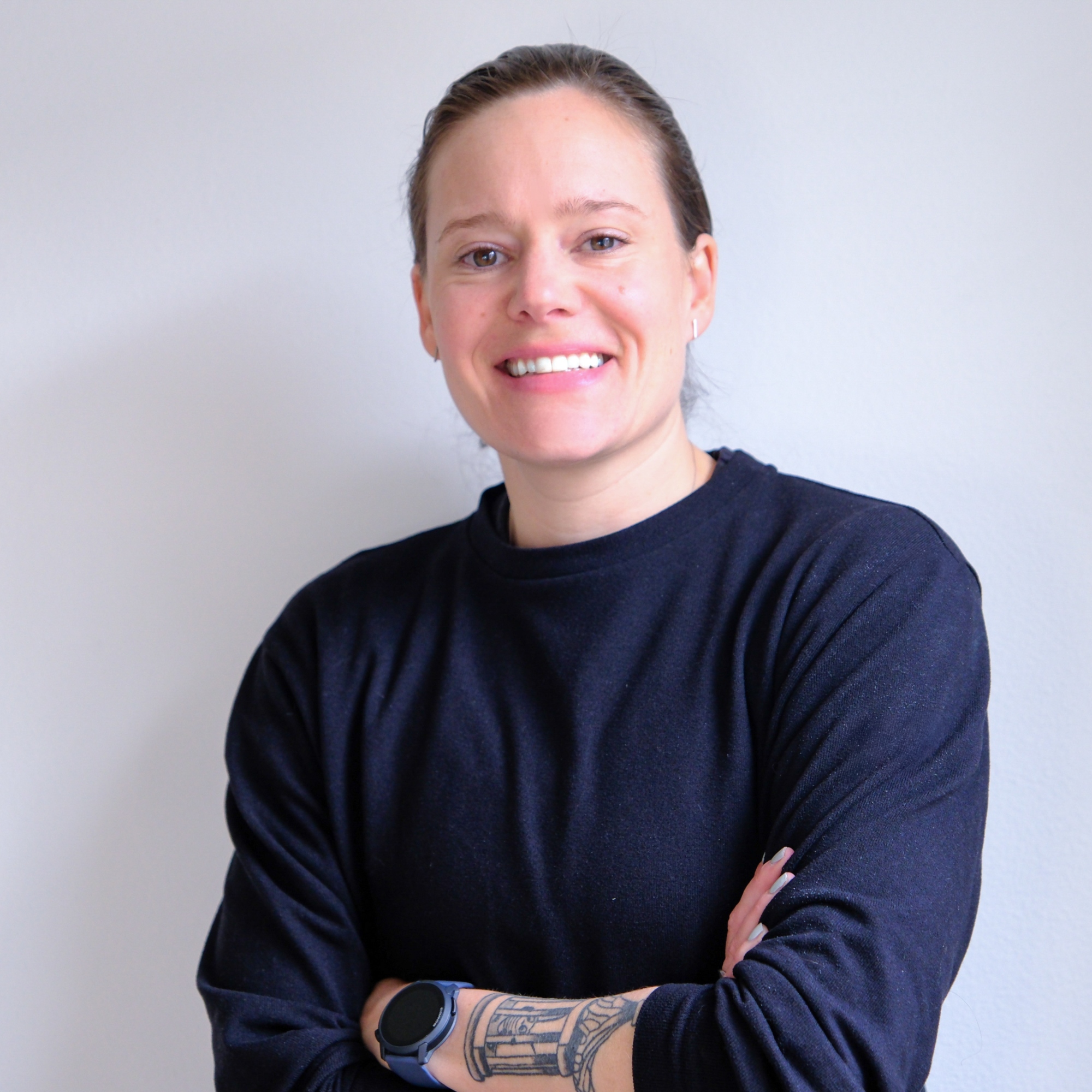Belgian Waffle Ride implements transgender athlete policy; is this foreshadowing what's to come in American cycling?
Taking effect on August 1, the new policy aims to protect "integrity and parity of sports between women and men”


Organizers of the highly popular Belgian Waffle Ride series have announced a new participant policy to address transgender athletes.
These changes come after the organizers received significant backlash when Austin Killips (Nice Bikes) won the June race in Asheville, North Carolina. Killips again podiumed at the BWR race in Canada. Killips is a 27-year-old transwoman and professional cyclist who's seen a lot of success this season, including netting the bronze medal at the USA Cycling National Cyclocross Championships and winning the overall classification at Tour of the Gila, a UCI 2.2 stage race in New Mexico. Each time, her success has been met with a lot of criticism.
With six events across three countries, The Belgian Waffle Ride has become a staple race series in the gravel scene, drawing fierce competition. It is not, however, sanctioned by the UCI or USA Cycling, and the organizers can therefore set their own rules and regulations.
Under its new policy, which goes into effect on August 1, 2023, only riders who were born female may compete in the women's category. The male category is open to anyone who was born or identifies as male, and a third, "Open" category was created to accommodate all gender identifications. All three categories will have an equal amount of prize money.
The rules, published on the Belgian Waffle Ride website, also state that while organizers won't require proof of eligibility from racers before an event, proof may be asked for from specific riders on a case-by-case basis. This request for proof of eligibility may come from Belgian Waffle Ride officials and competitors alike.
"Our sole intention in making these changes is to provide all our participants a positive, supportive environment that promotes personal growth and healthy, fair competition in all our events," the organizers said in a statement.
The new rules are in conflict, however, with the current UCI eligibility policy, which several national governing bodies and gravel race organizers like Life Time —organizers of Unbound Gravel and the Life Time Grand Prix— have adopted.
The latest race content, interviews, features, reviews and expert buying guides, direct to your inbox!
Last revised in July 2022, these regulations state that those who transition from male to female (MTF) are eligible to compete in the women's category as long as they identify as female and suppress their testosterone levels to 2.5 nmol/L for 24 months prior to and during competition.
But not all governing bodies agree with this policy, and British Cycling recently changed its policy in the same vein as Belgian Waffle Ride has. Heavy media backlash and rider input following Killips' UCI results have also led the UCI to reconvene on the topic of trans athlete eligibility. It plans to do so in August.
"The UCI's objective remains the same: to take into consideration, in the context of the evolution of our society, the desire of transgender athletes to practice cycling. The UCI also hears the voices of female athletes and their concerns about an equal playing field for competitors, and will take into account all elements, including the evolution of scientific knowledge," said the UCI about their slated discussion and decision.
In light of this, USA Cycling may be the next governing body to change its policy as well. In the past, USA Cycling has frequently adopted the UCI policies, and it recently sent out a survey to its members asking for anonymous feedback on transgender competitors. USAC intended to share this data with the UCI, despite widely reported criticism from the community.
"USA Cycling wants to ensure that American event organizers, team management, and athletes impacted by the UCI Eligibility Regulations for Transgender Athletes have their voices heard as part of this review process," the survey read.
USA Cycling intends to revisit its policies after the UCI has had its discussion in August.

Cycling Weekly's North American Editor, Anne-Marije Rook is old school. She holds a degree in journalism and started out as a newspaper reporter — in print! She can even be seen bringing a pen and notepad to the press conference.
Originally from the Netherlands, she grew up a bike commuter and didn't find bike racing until her early twenties when living in Seattle, Washington. Strengthened by the many miles spent darting around Seattle's hilly streets on a steel single speed, Rook's progression in the sport was a quick one. As she competed at the elite level, her journalism career followed, and soon, she became a full-time cycling journalist. She's now been a journalist for two decades, including 12 years in cycling.